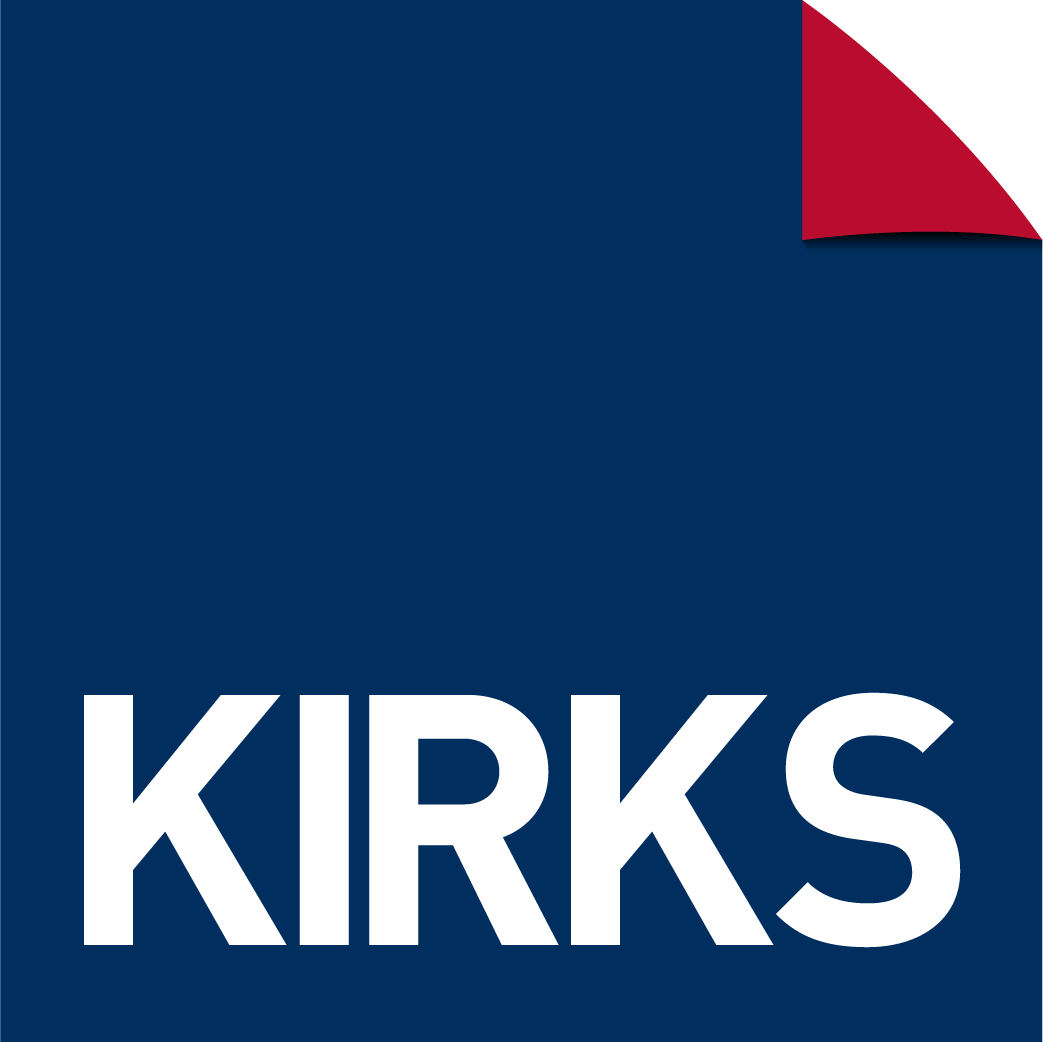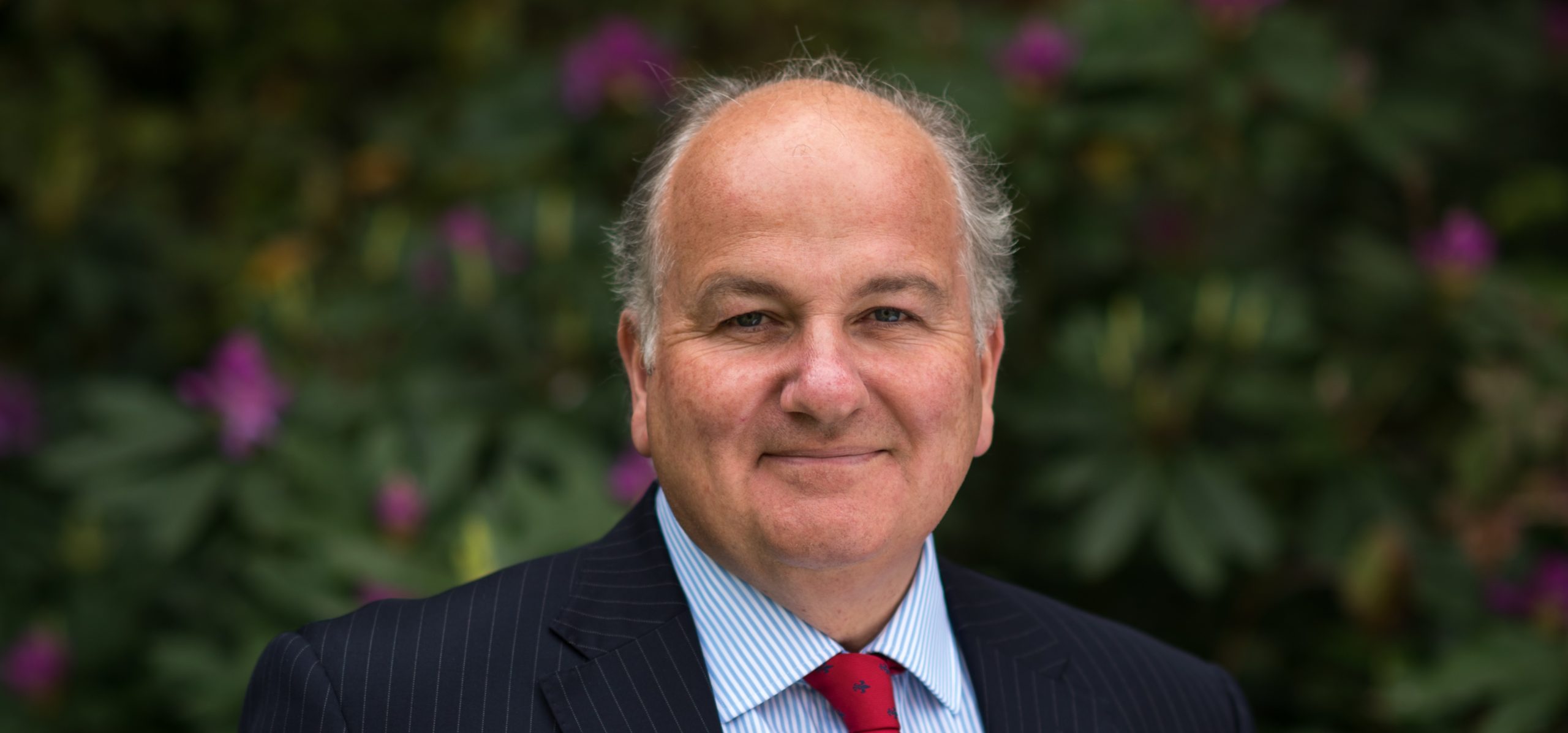David Kirk’s latest article published in the London Gazette can be found here: https://www.thegazette.co.uk/insolvency/content/103900
What is the order in which creditors get paid when a company is insolvent? David Kirk, a chartered accountant and licensed Insolvency Practitioner at Kirks, explains who gets paid first during liquidations and administrations.

Which creditors get paid first when a company is insolvent?
Not all creditors are treated equally when a company is insolvent. There are special rules, as set out in the Insolvency Act 1986, of who gets paid in what order because in an insolvency there is not enough to pay everyone. The list below covers insolvent liquidations and administrations.
The order for a company insolvency is:
- fixed charge creditors from fixed charge assets
- expenses of the liquidation
- liquidators fee
- preferential creditors
- prescribed part
- floating charge creditors
- unsecured creditors
- interest to unsecured and preferential creditors
- shareholders
1. Fixed charge creditors from fixed charge assets
A fixed charge is a loan directly secured on an asset. This could be a mortgage on a property or Hire Purchase on a car or machinery.
2. Expenses of the liquidation (or administration)
This is direct costs incurred by the Insolvency Practitioner (who is liquidator or administrator) for such matters as statutory advertising, auctioneers’ fees, valuation fees and legal fees. This does not include any class of creditors.
3. Liquidators fee
This is for payment of the liquidator or administrator. If they were not high up the list of who gets paid, they would not take on the work. Once appointed they have a duty to complete the work even if they find that the assets are not actually sufficient to pay them.
4. Preferential creditors
These are unsecured creditors (they have no security like a fixed charge) but are given preferential status in law. This includes PAYE and VAT due for insolvencies from the 1 December 2020. It also includes the first £800 of employee wage arrears, up to six weeks of unpaid holiday and pension contribution arrears.
5. The prescribed part
Where there is a debenture, which is a charge usually registered by the bank at Companies House, then a proportion of the assets that fall into this stage must be paid to unsecured creditors. This rule was designed to make sure creditors got something – if there were assets available at this stage. The first 50 per cent of £10,000 and then 20 per cent of the remaining assets up to £800,000 gets set aside for unsecured creditors.
6. Floating charge creditors
These are secured creditors who do not have a fixed charge so do not rank as highly. This is typically the balance of a debenture due to a bank.
7. Unsecured creditors
You can see why at this stage the assets have been through various categories of claim that have a priority and there may not be a lot left. Unsecured creditors include:
- suppliers for goods, services and utilities
- Corporation Tax and business rates
- rent arrears and lease dilapidations
- unsecured loans from banks and lenders
- unsecured overdrafts
- employees for redundancy and pay in lieu of notice and arrears of pay above £800
- friend and family loans to the business
- directors loan accounts that are in credit
- the shortfall on any fixed or floating charge
8. Interest to unsecured and preferential creditors
If funds are available at this stage creditors are entitled to statutory interest at 8 per cent.
9. Shareholders
Any final surplus left here then goes to shareholders.
Directors are also often asked to sign personal guarantees. This is usually the case on smaller and newer companies for bank finance and property leases. The creditor (person owed money) should claim against the company first, but nothing stops them pursuing the personal guarantee as well. If the creditor is repaid under the guarantee, then the guarantor (the person who gave the guarantee) may ‘step into their shoes’ to claim this back from the company in the same class of category. The creditor does not get paid back twice.
Summary
If you need advice on creditor payments or you think your company might be insolvent, you should immediately contact a Licensed Insolvency Practitioner or experienced insolvency solicitor.
About the author
David Kirk is a chartered accountant and licensed Insolvency Practitioner at south west-based insolvency specialist firm Kirks.
Publication date: 22 February 2021







